Pre-Investment Considerations: Deep Dive with OnePointFive’s Neil Yeoh
Neil Yeoh, CEO and founder of sustainability advisory and technology firm OnePointFive, was one of four external reviewers of Frame’s Pre-Investment Considerations methodology guidance.
In the following Q&A with Project Frame, Yeoh stresses the importance of shared best practices for forward-looking emissions impact assessment, the role transparency and inclusivity play in pushing back against greenwashing, and his hopes for the future of the field.
What motivated you to offer your time to review Project Frame's methodology guidance?
There are gaps in the standard guidance and best practices for calculating the emissions reduction potential of emerging climate technology solutions. I personally offered up my time to help Project Frame as I believe Project Frame is our best bet to fill this gap.
Currently, most leading greenhouse gas accounting methodologies focus on measuring and reducing emissions from business-as-usual practices within existing industries. We need ways to robustly evaluate the forward-looking emission reduction potential of scalable climate technology solutions that will displace existing industry practices.
At OnePointFive, a climate advisory and training firm, we have built numerous bespoke greenhouse gas and life cycle analysis models for climate technology startups, portfolio companies of funds, and new innovations within large multinational organizations. We have experienced the work it takes to model and prove, for example, the potential reduced or avoided emissions of a chemical polyester fiber recycling startup solutions against virgin and bottle-to-fiber polyester.
Offering up our expertise and experience is our way to help contribute to a more standardized industry approach and develop the tools and experts needed for it to scale.
Transparency, accountability, and inclusivity are three of Project Frame's values. How do you feel this work upholds those values?
These values are extremely important, given there are many assumptions and limitations when evaluating emissions reduction potential that can lead to misinterpretations and unintended greenwashing.
Most models are built from data inputs that may be primary, secondary, or estimation sources and assumptions need to be made for an emissions reduction model to be built.
There are inherent uncertainties both from the emission modeling practices and predicting the future that need to be carefully considered. Ensuring we are transparent and accountable will help us avoid unintentional greenwashing and allow for interpretation and improvements.
Inclusivity also ensures that we gather best practices from across the industry and enables us to have more comparability among models using similar methodologies to make better collective decisions.
Of the issues related to forward-looking GHG impact assessment, which do you feel is the most pressing for Frame to address and why?
Improving access to tools and services to build robust emission reduction potential models and analyses for investors, startups, and organizations is crucial. It is well and good to agree on a standardized methodology and approach to measuring emissions reduction potential, but the hard work starts with wide-scale implementation.
This is a two-sided challenge. On one hand, those developing the tools and providing the expertise need to work off a similar methodological approach for our models to be compared against each other and evaluate emission reduction potential at a larger scale across a suite of solutions. On the other hand, startups and funds need to have access to the right expertise and tools to measure emissions reduction potential and make decisions from the results and insights of that work.
I was part of the Frame Tool Showcase, which helped put together the GHG Impact Resource Dashboard. Through demoing a suite of tools, providing feedback, and sharing the services we provide, I feel we were able to help add to a much-needed database of tools and experts.
Additionally, it helped me identify new possibilities, like technology-enabled services created through strategic partnerships between tool providers and experts, and where tools and experts should sit to help the entire industry and progress Project Frame’s vision & mission.
Looking forward, how would you like to see future emission impact assessment continue to evolve?
It is clear that we need more in-house and outsourced experts to scale emissions reduction potential modeling to help address our climate crisis.
We’re excited at OnePointFive to contribute to building up these experts through our initiative to train & activate 100,000 sustainability professionals for 2030. Our belief is that if we upskill talent at scale, it will lead to the mobilization of expertise and larger-scale informed action on climate. We’re excited to do this alongside our contributions to Project Frame.
Neil is the CEO & Founder of OnePointFive, a sustainability advisory and technology firm. Neil also serves as a startup advisor for Yale's Center of Business and Environment. Prior to this, Neil was a Deputy Director at Echoing Green, leading their startup post-investment support team and an $8.5mn climate portfolio. He has invested in and supported dozens of startups tackling climate change, helping them raise millions collectively to bring their solutions from lab to market. Neil has an Executive Masters of Environmental Management from Yale University and has an MBA from Oxford University. He also has degrees in Robotics Engineering, International Business, and Management from Adelaide and Hong Kong Universities.

